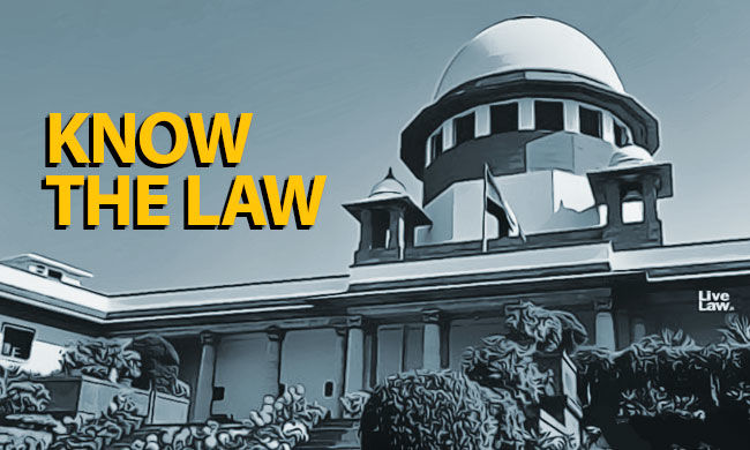Service Law - Principles Of Transfer & Postings : Supreme Court Summarizes
LIVELAW NEWS NETWORK
13 March 2022 6:55 PM IST

Next Story
13 March 2022 6:55 PM IST
The Supreme Court has reiterated that an employee has no fundamental right or a vested right to claim a transfer or posting of their choice.A bench comprising Justices DY Chandrachud and Vikram Nath summarized the principles relating to transfer and postings in the judgment delivered on March 10 in the case SK Naushad Rahman and others vs Union of India as follows :First and foremost, transfer...
